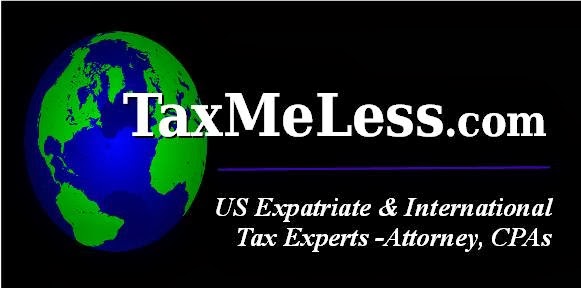You normally must pay income tax on your investment income. That is also true for a child who must file a federal tax return. If a child can’t file his or her own return, their parent or guardian is normally responsible for filing their tax return.
Special tax rules apply to certain children with investment income. Those rules may affect the tax rate and the way you report the income.
Here are four facts from the IRS that you should know about your child’s investment income:
1. Investment income normally includes interest, dividends and capital gains. It also includes other unearned income, such as from a trust.
2. Special rules apply if your child's total investment income is more than $2,000. Your tax rate may apply to part of that income instead of your child's tax rate.
3. If your child's total interest and dividend income was less than $10,000 in 2013, you may be able to include the income on your tax return. If you make this choice, the child does not file a return. See Form 8814, Parents' Election to Report Child's Interest and Dividends.
4. Children whose investment income was $10,000 or more in 2013 must file their own tax return. File Form 8615, Tax for Certain Children Who Have Investment Income, along with the child’s federal tax return.
Starting in 2013, a child whose tax is figured on Form 8615 may be subject to the Net Investment Income Tax. NIIT is a 3.8% tax on the lesser of either net investment income or the excess of the child's modified adjusted gross income that is over a threshold amount. Use Form 8960, Net Investment Income Tax, to figure this tax. For more on this topic, visit IRS.gov.
For more on this topic, see Publication 929, Tax Rules for Children and Dependents. Visit IRS.gov to get this booklet and IRS forms.



